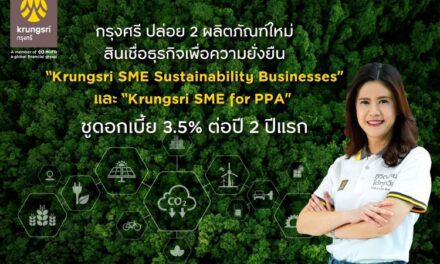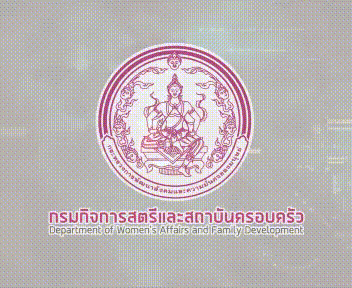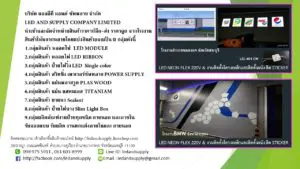นายบุรินทร์ อดุลวัฒนะ กรรมการผู้จัดการ และ Chief Economist บริษัท ศูนย์วิจัยกสิกรไทย จำกัด กล่าวว่า แม้ที่ผ่านมา เศรษฐกิจสหรัฐฯ จะให้ภาพแรงส่งของกิ
นางสาวณัฐพร ตรีรัตน์ศิริกุล รองกรรมการผู้จัดการ บริษัท ศูนย์วิจัยกสิกรไทย จำกัด มองเพิ่มเติมถึงทิศทางเศรษฐกิ
ด้านแนวโน้มภาคอุตสาหกรรมไทยนั้
ทั้งนี้ เพื่อแก้ปัญหาเฉพาะหน้า ภาครัฐควรเร่งเบิกจ่ายงบประมาณ กวดขันสินค้านำเข้าและสนับสนุ
———————————————————————————————————————————————————————
KResearch forecasts 2.6 percent growth for Thai economy in 2024, with growth gaining momentum in the latter half, driven by accelerated budget disbursement and stronger exports; close attention should be paid to trade protectionism risks.
Mr. Burin Adulwattana, Managing Director and Chief Economist, KASIKORN RESEARCH CENTER Co., Ltd. (KResearch), said, “US economic activity has recently shown a stronger-than-expected momentum. As a result, market forecasts have been adjusted, indicating that the Federal Reserve is unlikely to cut interest rates in the near future, adopting a ‘higher-for-longer’ stance. However, more pressing issues have emerged. Notably, tax policies implemented by the US and Europe have targeted China’s ‘cleantech’ industry, including electric vehicles (EVs), batteries, and solar panels. This development is expected to trigger a relocation of manufacturing bases to regions such as Europe, ASEAN, and South America. Meanwhile, the potential re-election of Donald Trump as US President could impact the “China+1 Strategy”, which encourages diversification of supply chain and manufacturing activities away from China to avoid these taxes. Given these circumstances, Thailand must keep up with these evolving trends to allow its industries to adapt promptly”.
Ms. Nattaporn Triratanasirikul, KResearch Deputy Managing Director, is of the view that the Thailand’s economic growth will gain momentum during the second half of 2024 in line with accelerated budget disbursements and stronger export growth, thanks to the low base of 2023. However, there are significant risks associated with rising trade protectionism as mentioned above, and the influx of goods from China due to its overcapacity into global and Thai markets, while Thailand’s structural problems and eroding competitiveness may cause Thai exports to recover less than expected. KResearch has therefore projected that the Thai economy in 2024 will grow by 2.6 percent.
Regarding the outlook for the Thai industrial sector, Ms. Kevalin Wangpichayasuk, KResearch Deputy Managing Director, highlights three factors that will impact industries in the near future: 1) Uncertainty in government budget disbursements, which will affect the construction industry; 2) Increased imports into Thailand as a result of the trade war, impacting the electronics, automobile, and steel industries; and 3) Higher business costs attributed to the gradual reduction of government subsidies for diesel prices, and rising labor costs which will particularly affect labor-intensive SMEs.
To address these immediate challenges, the government should expedite budget disbursements, strictly regulate imports, and promote the use of local content. Additionally, focus should be on liquidity support for SMEs, and water management planning. Meanwhile, all sectors must take collective action for major economic restructuring by enhancing efficiency in all dimensions, boosting income growth to outpace rising costs.



























